Digital safety: How to arm women to fight cyber stalking?
Truecaller, which has been spreading awareness on women safety and more with its campaign #ItsNotOk, conducted a survey that showed that 85% of Indian women regularly receive harassing calls and texts. What people do is that they simply block the person, but definitely this is not the solution. Only 12% of women came out and took action against it.
Truecaller wants women to go beyond blocking the number so that it will safeguard them from being victims of harassment. Truecaller’s goal for this year is to bring policymakers, law enforcement, civil society, mental health experts, lawyers, and the survivors of harassment who have stories to share.
The third edition of WOMEN DISRUPTORS, held yesterday (March 3, 2022), turned the spotlight on women’s safety and the importance of spread awareness of this menace in a fireside chat between Pragya Mehrishi, Director of Public Affairs, India, Truecaller, and Sairee Chahal, Founder-CEO, SHEROES. Women Disruptors is Adgully’s endeavour to celebrate women leaders who have shown outstanding resilience, brilliant management strategies, and remarkable courage amid all kinds of challenges.
Speaking on the topic, Sairee Chahal said that the idea of free Internet, safety, and privacy is appealing for her.
Sharing her perspective on women’s safety, Pragya Mehrishi said, “We are usually dependent on digital technologies. During the pandemic, we were literally using only our phones to connect with our friends and family, because we were all socially isolated. It is also bound for misuse; so we believe that there is an urgent need for better mechanisms to really tackle harassment. For this to happen, we join hands and collaborate. The first aspect to this was building awareness, which has been going on for the last five years. This year, we have highlighted the real stories. This year, what can we do to raise awareness around digital safety while arming women with the right set of tools to at least report this in the real world?”
Chahal here posed some pertinent questions: “What can other organisations do? How can they enable this mission? How can we make it stronger? Because this is not just your problem or my problem; it is an Internet problem.”
Mehrishi, too, agreed that it is an Internet problem.
At the same time, she also felt that there is an incredible amount of social conditioning that comes along with it. “At Truecaller, we could bring in a lot more diversity. You are able to be a lot more empathetic when you work with many more women colleagues and realize what they really go through. There is harassment, whether online, on the phone, SMS, or in the real world. If I, as an individual, don't feel like the organisation or my team is backing me in tackling an issue like this, then I would not talk about it. These are the reasons why most women don't go out and report it,” she added.
This is an edited excerpt. To watch the entire conversation watch below:


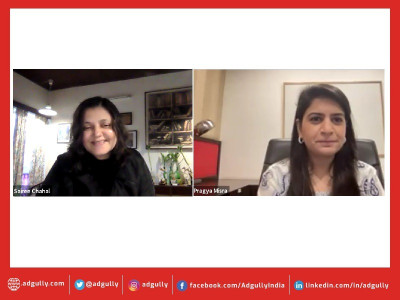
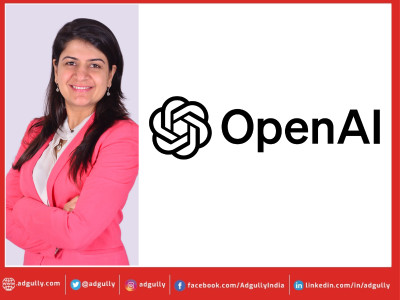
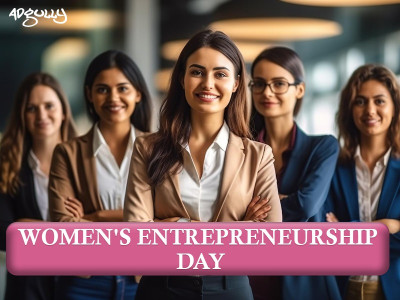


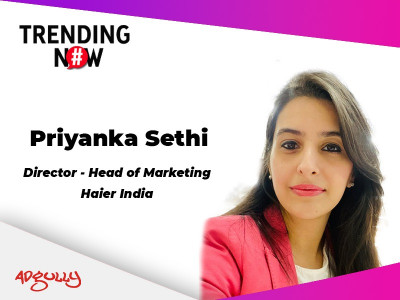
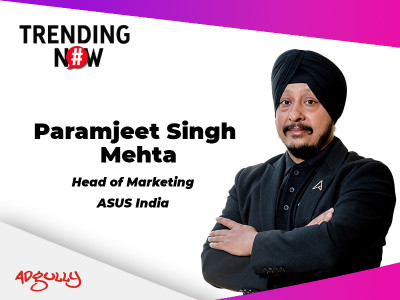

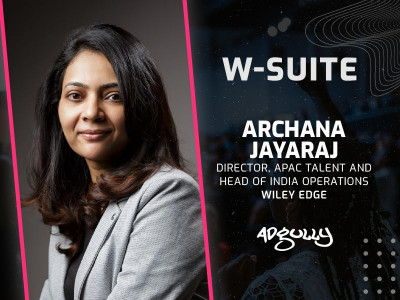

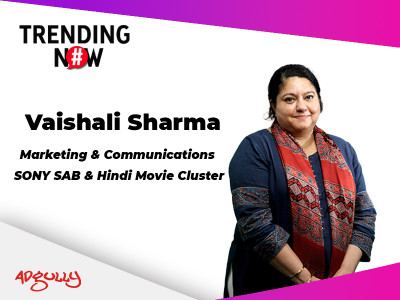
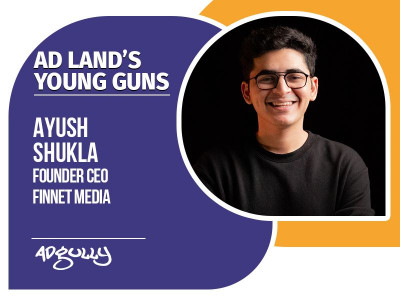
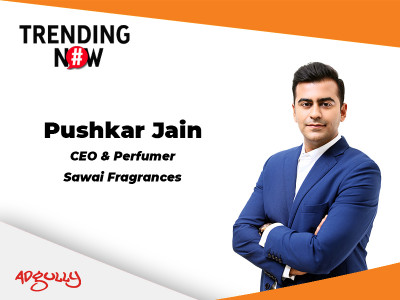

Share
Facebook
YouTube
Tweet
Twitter
LinkedIn